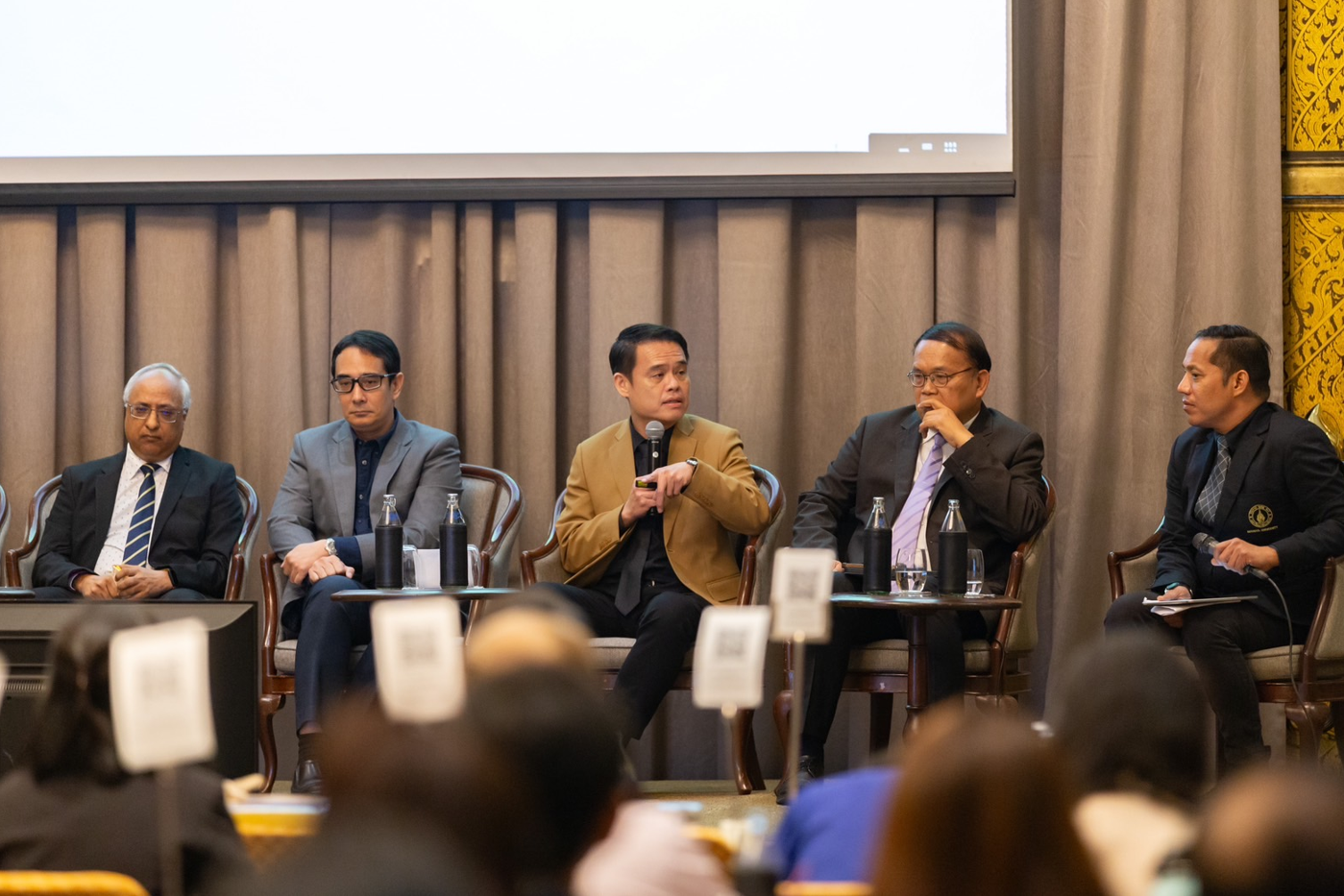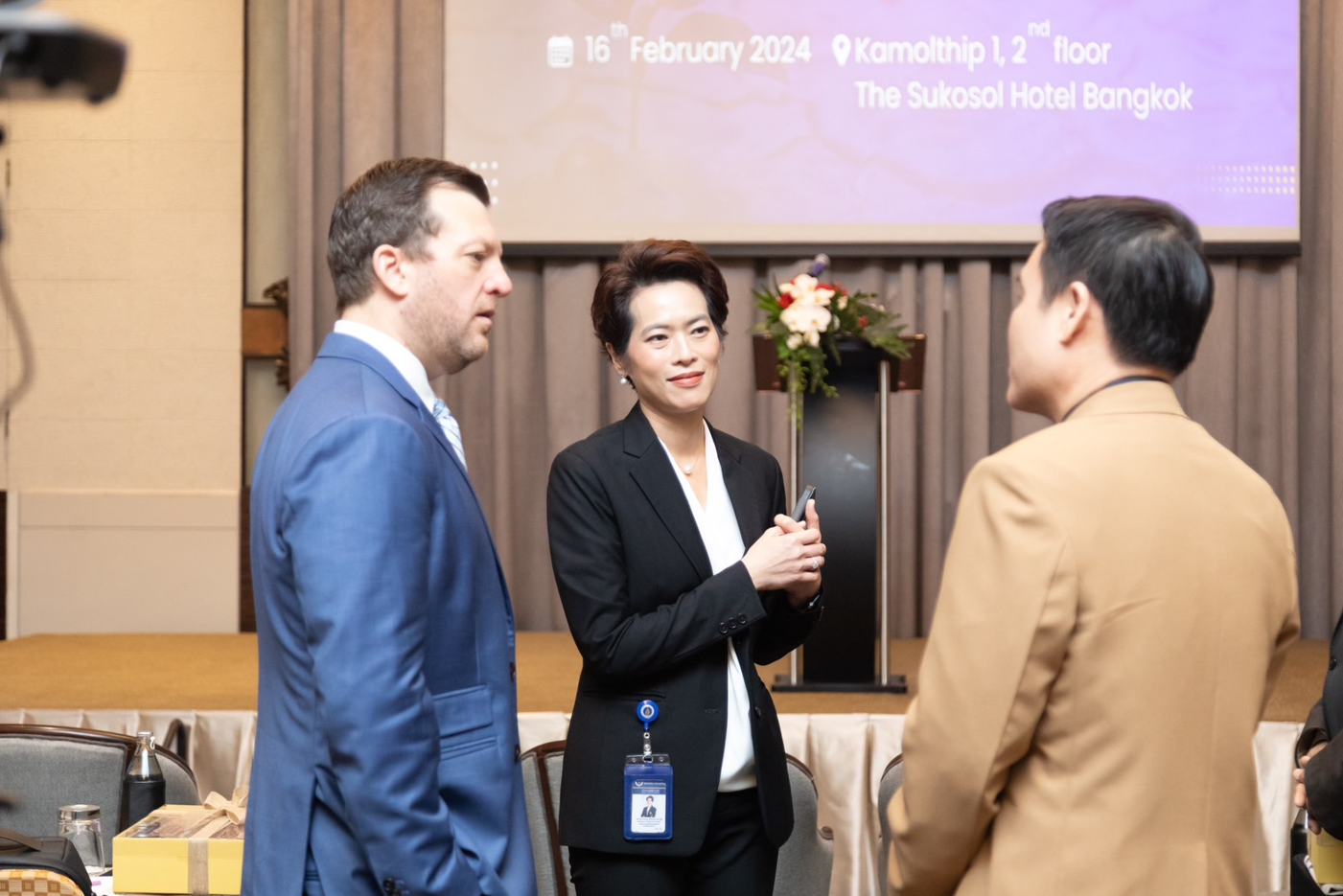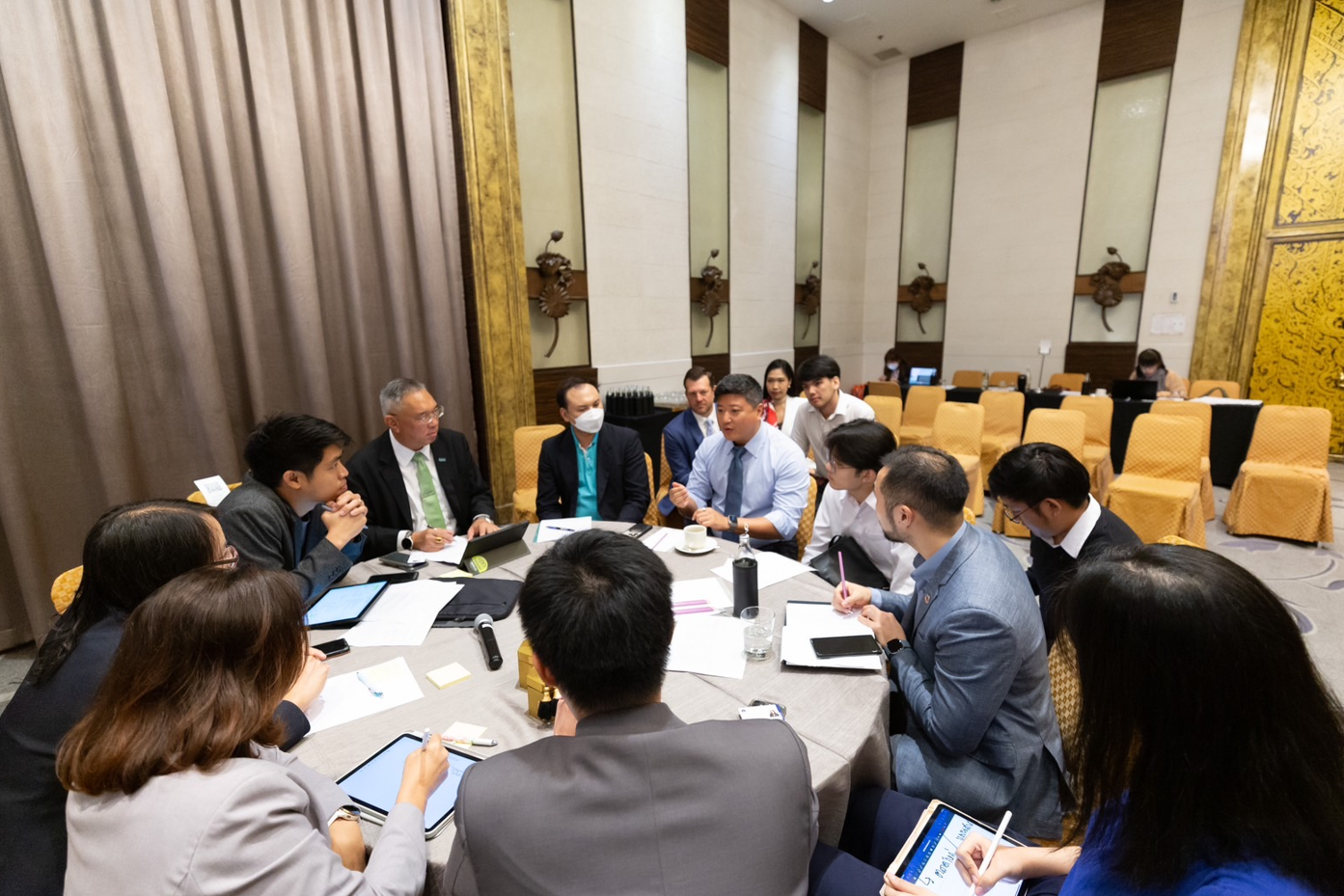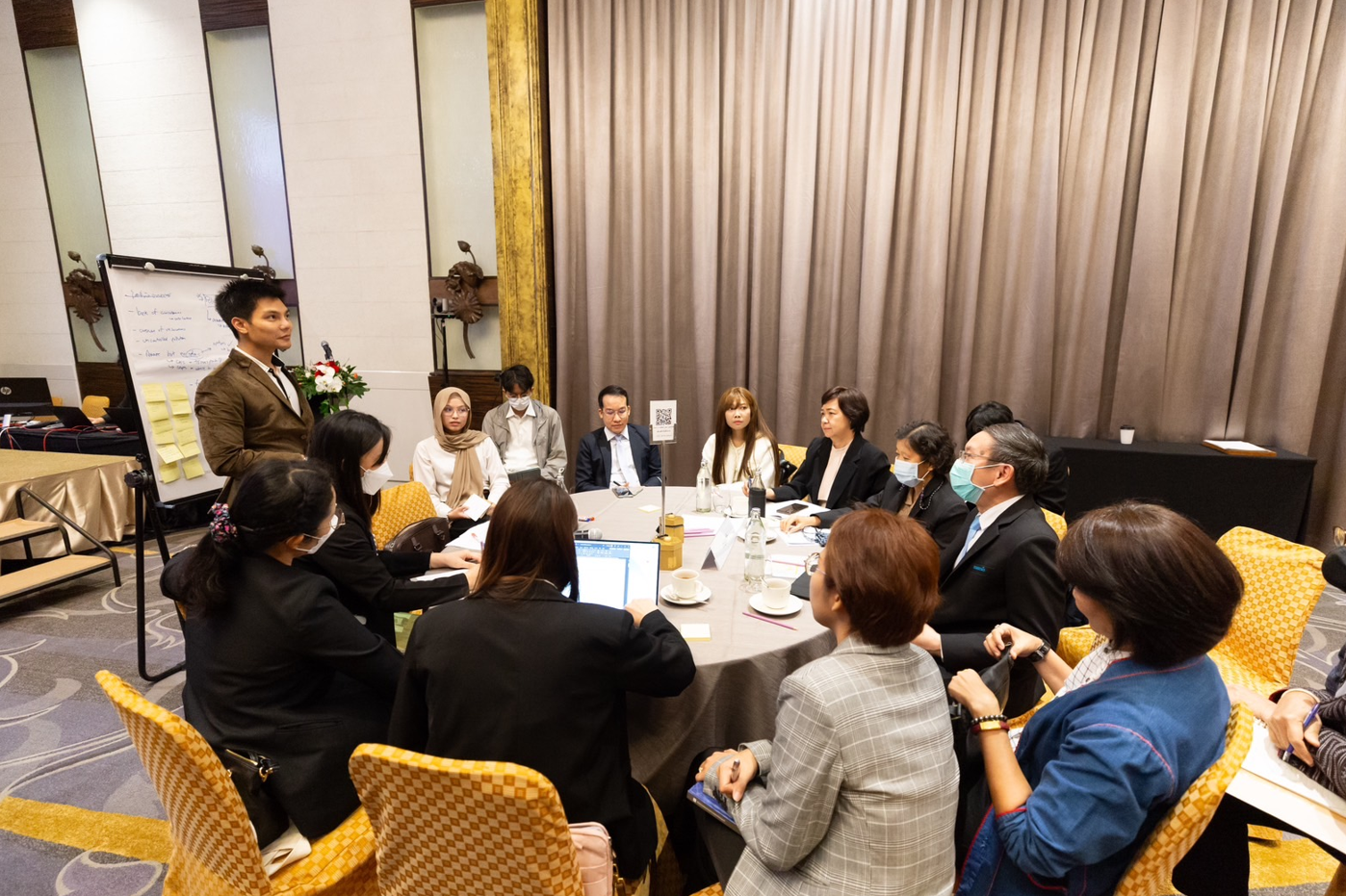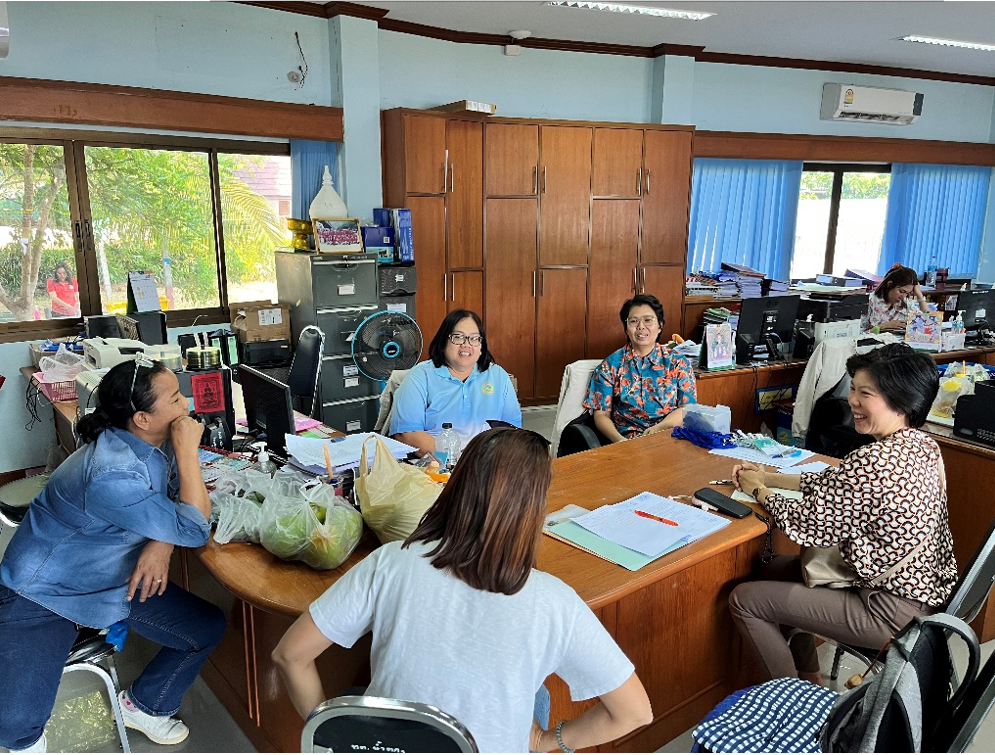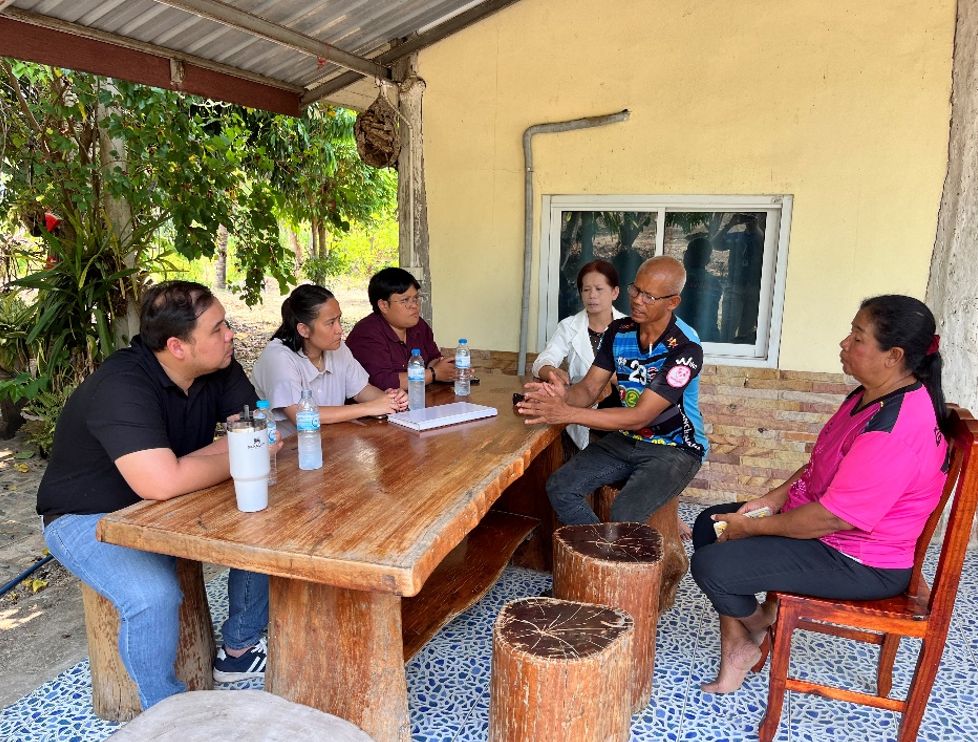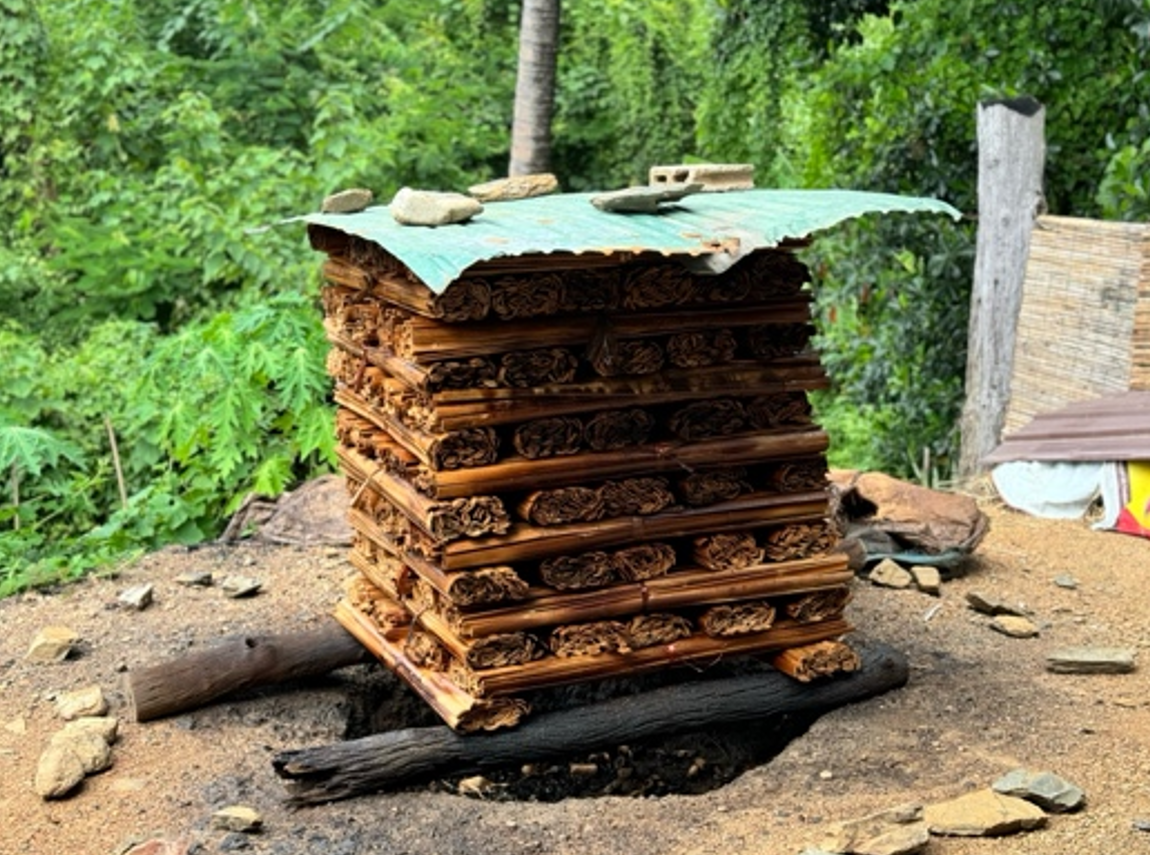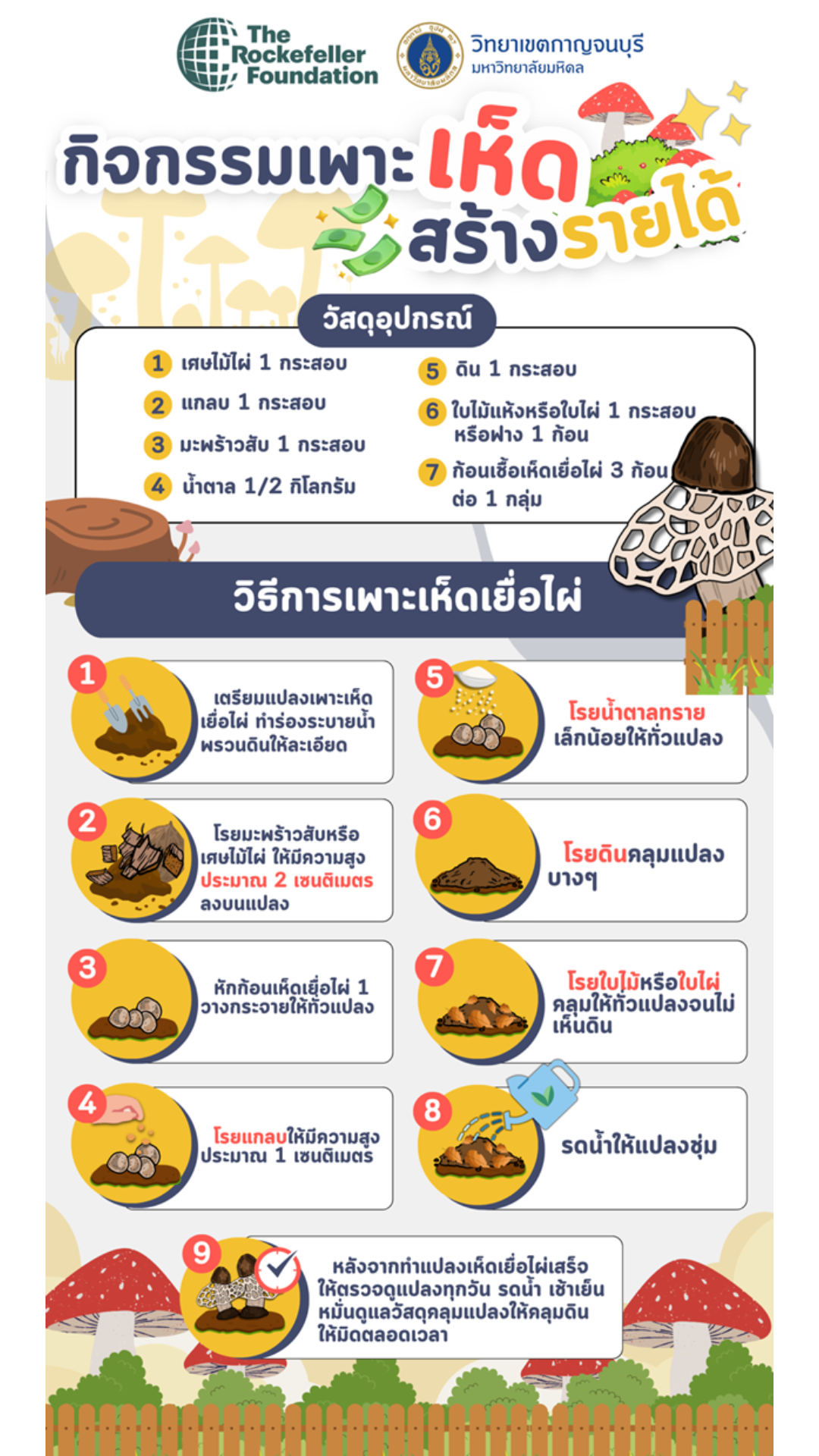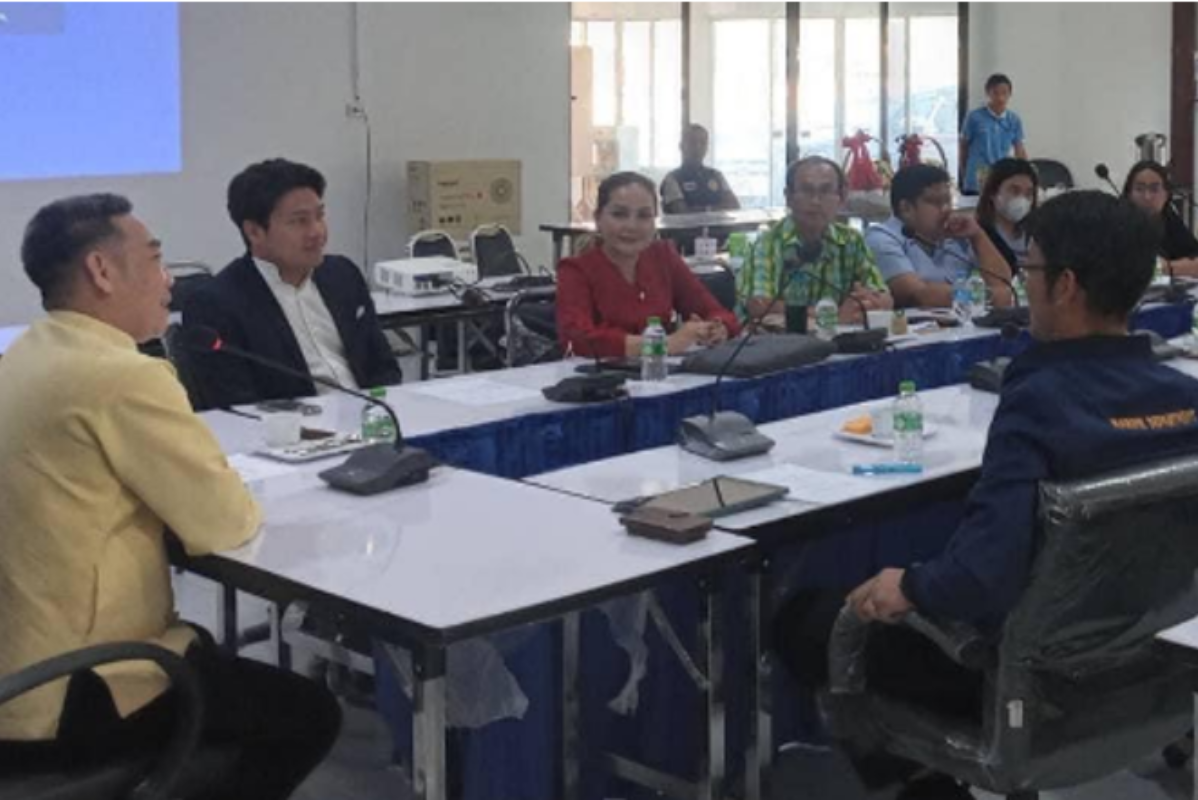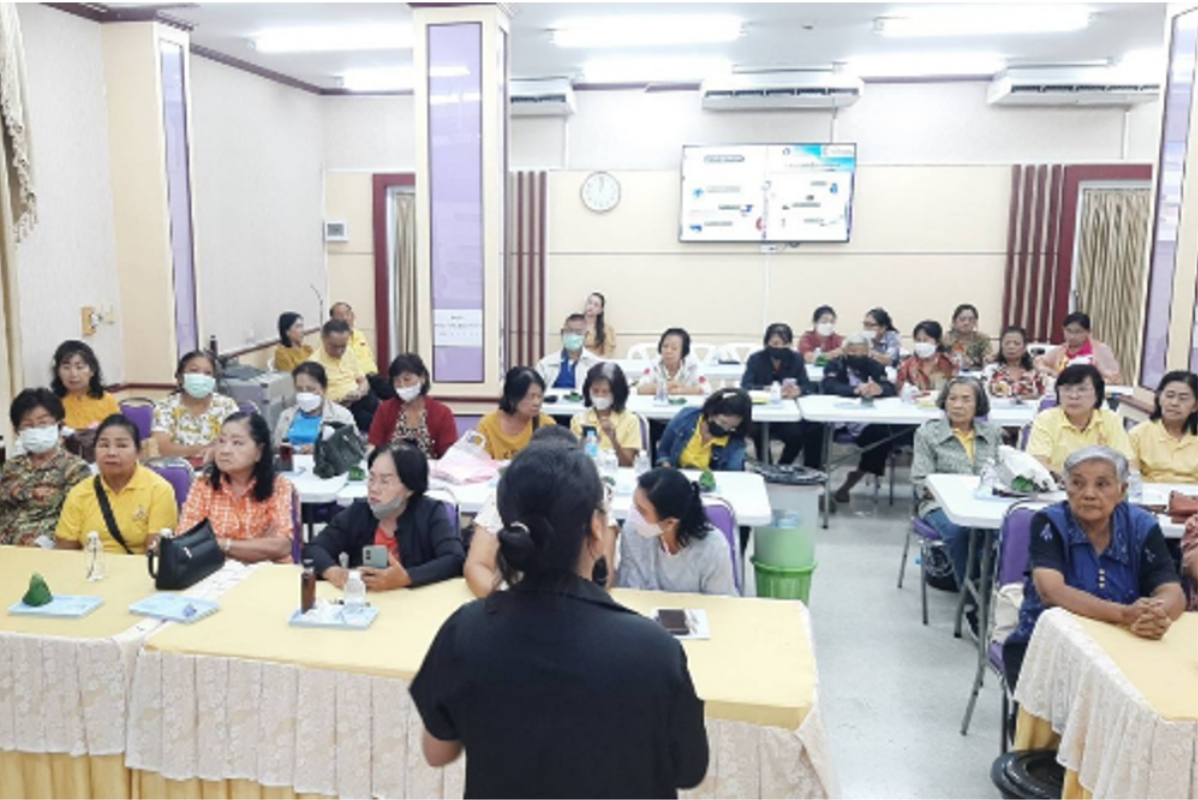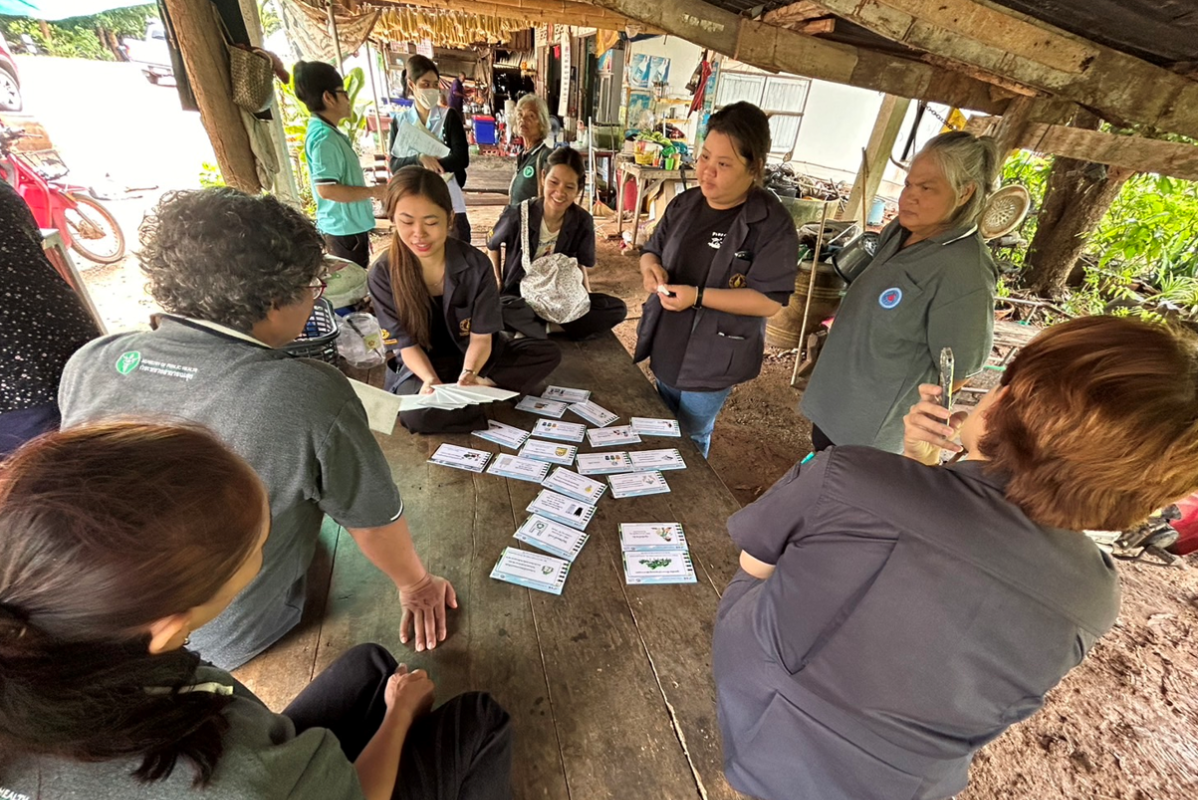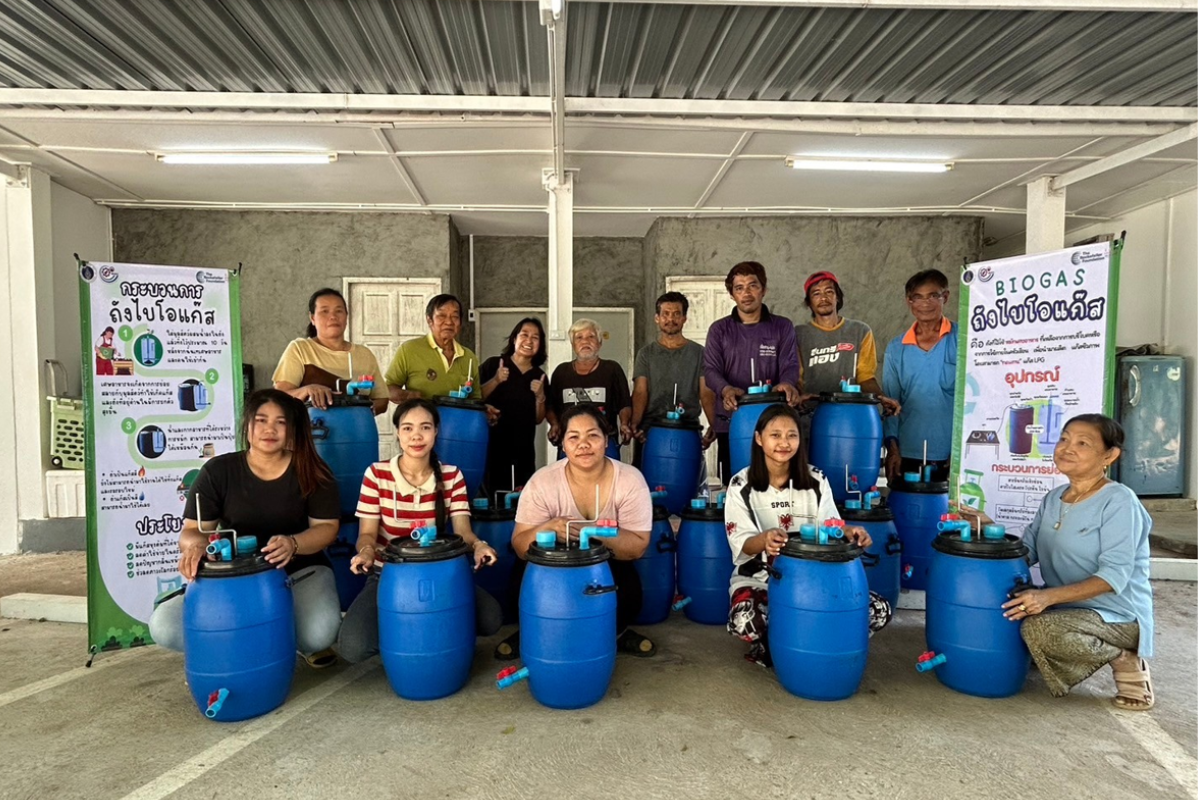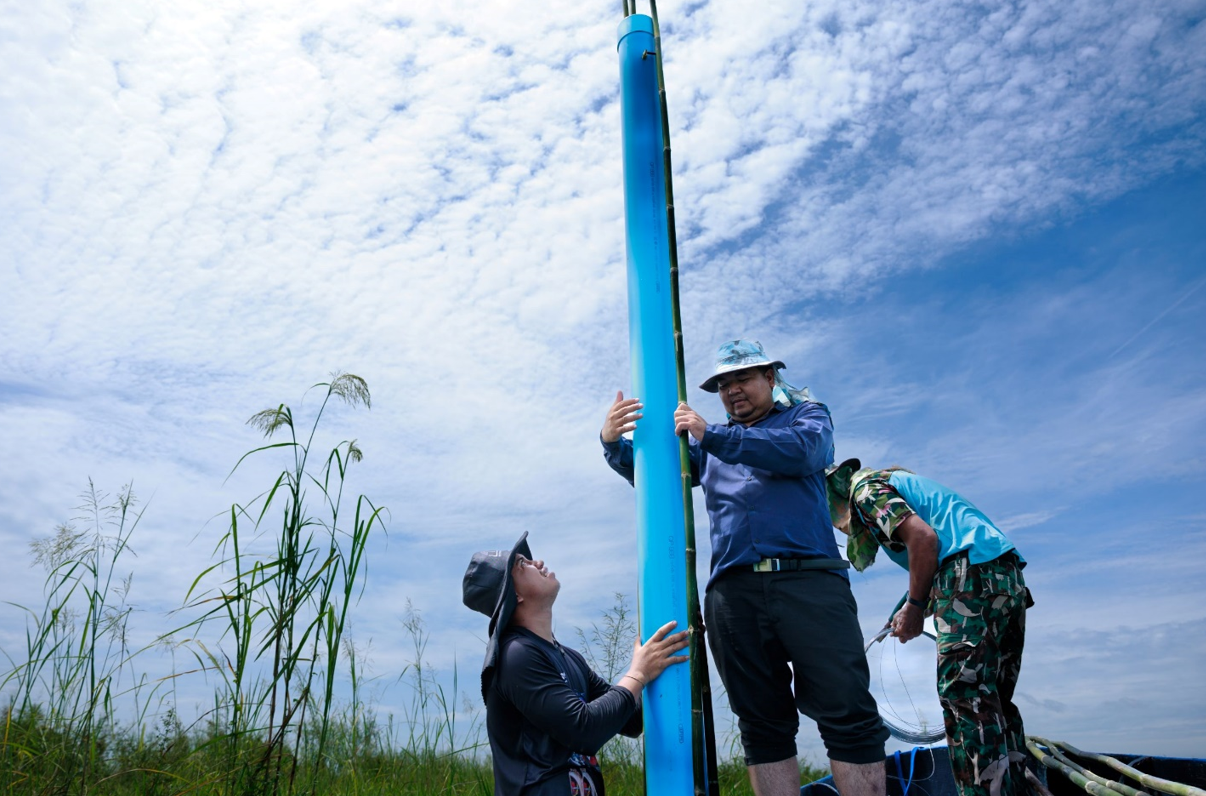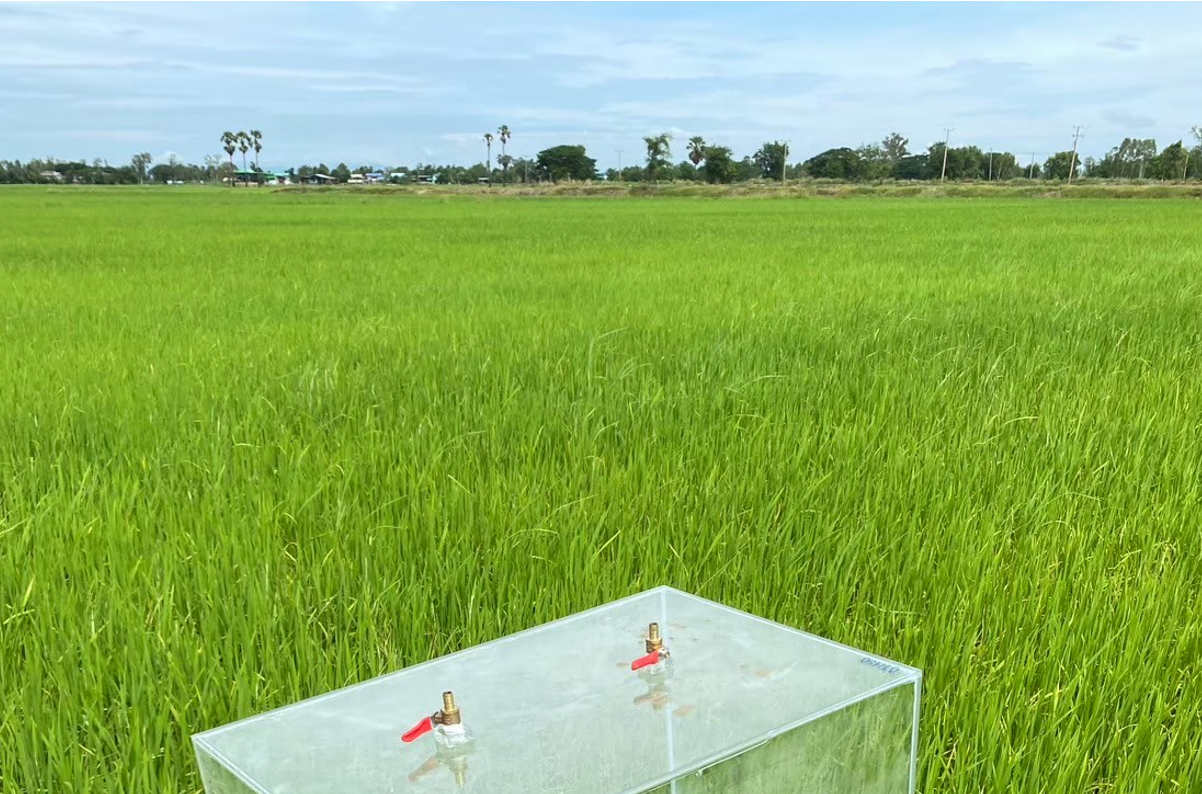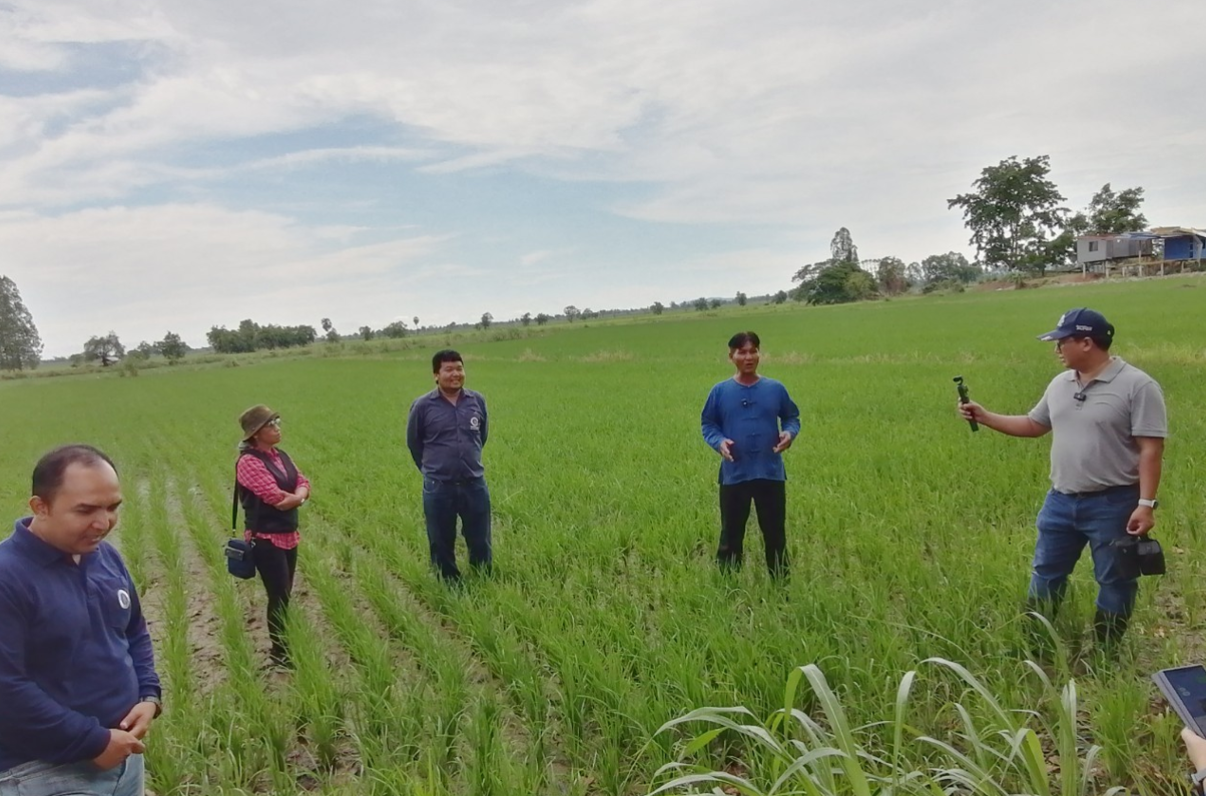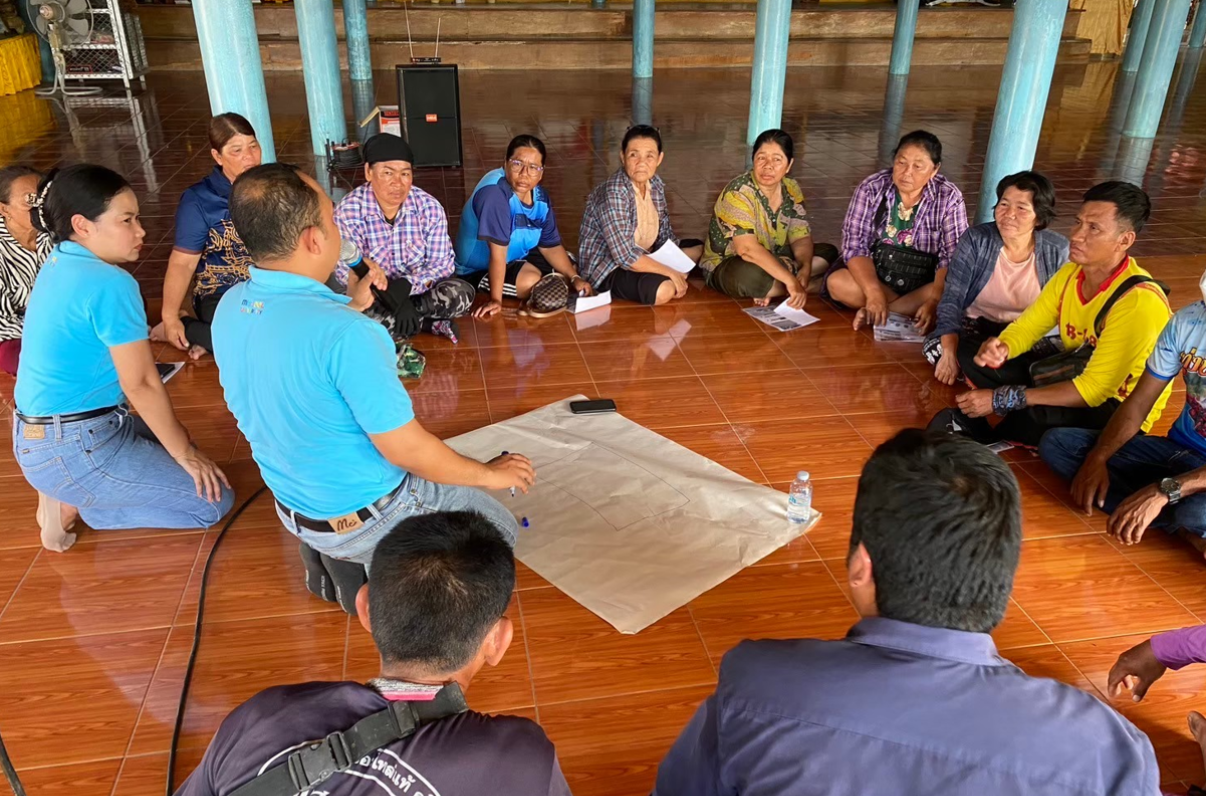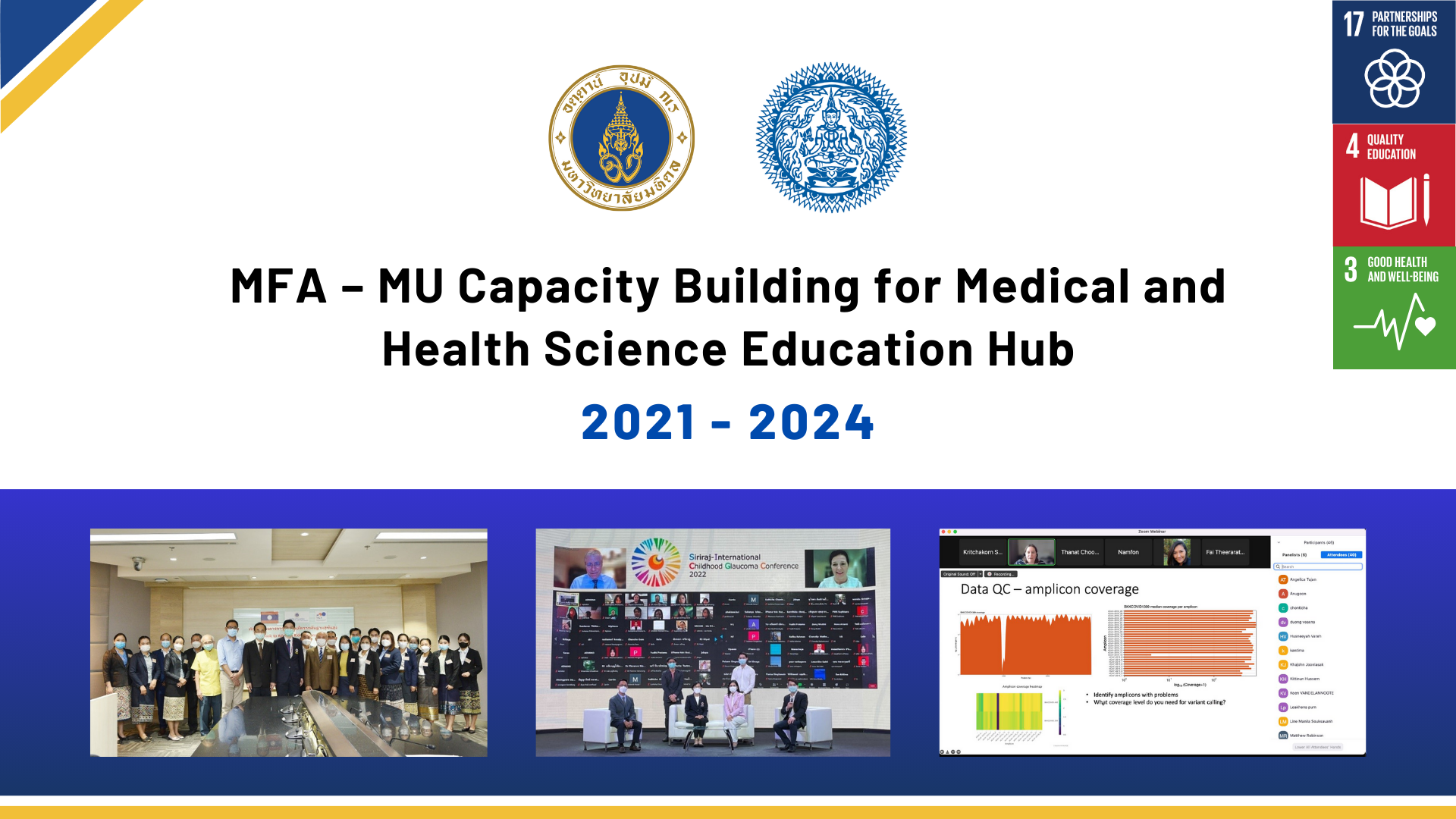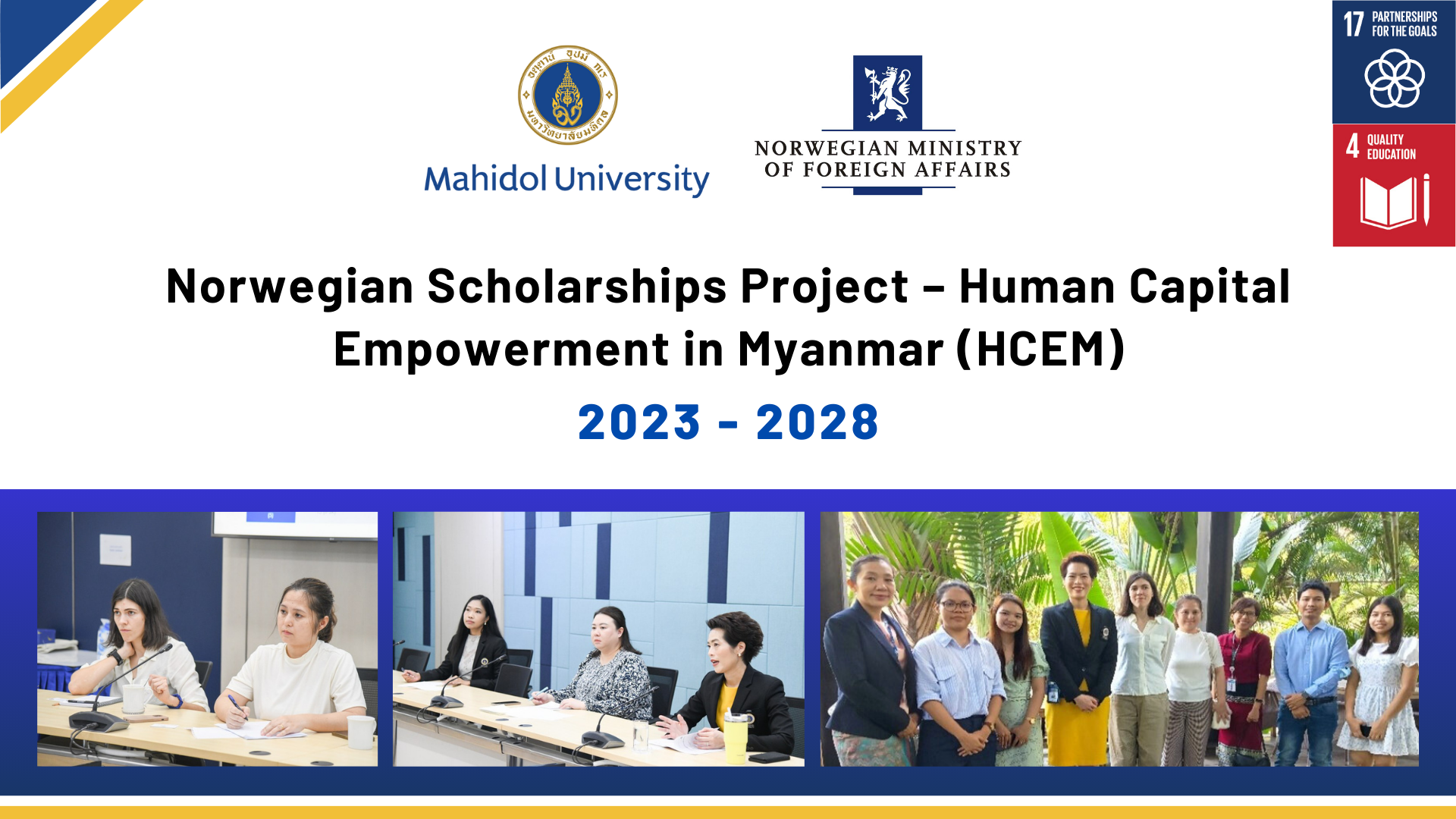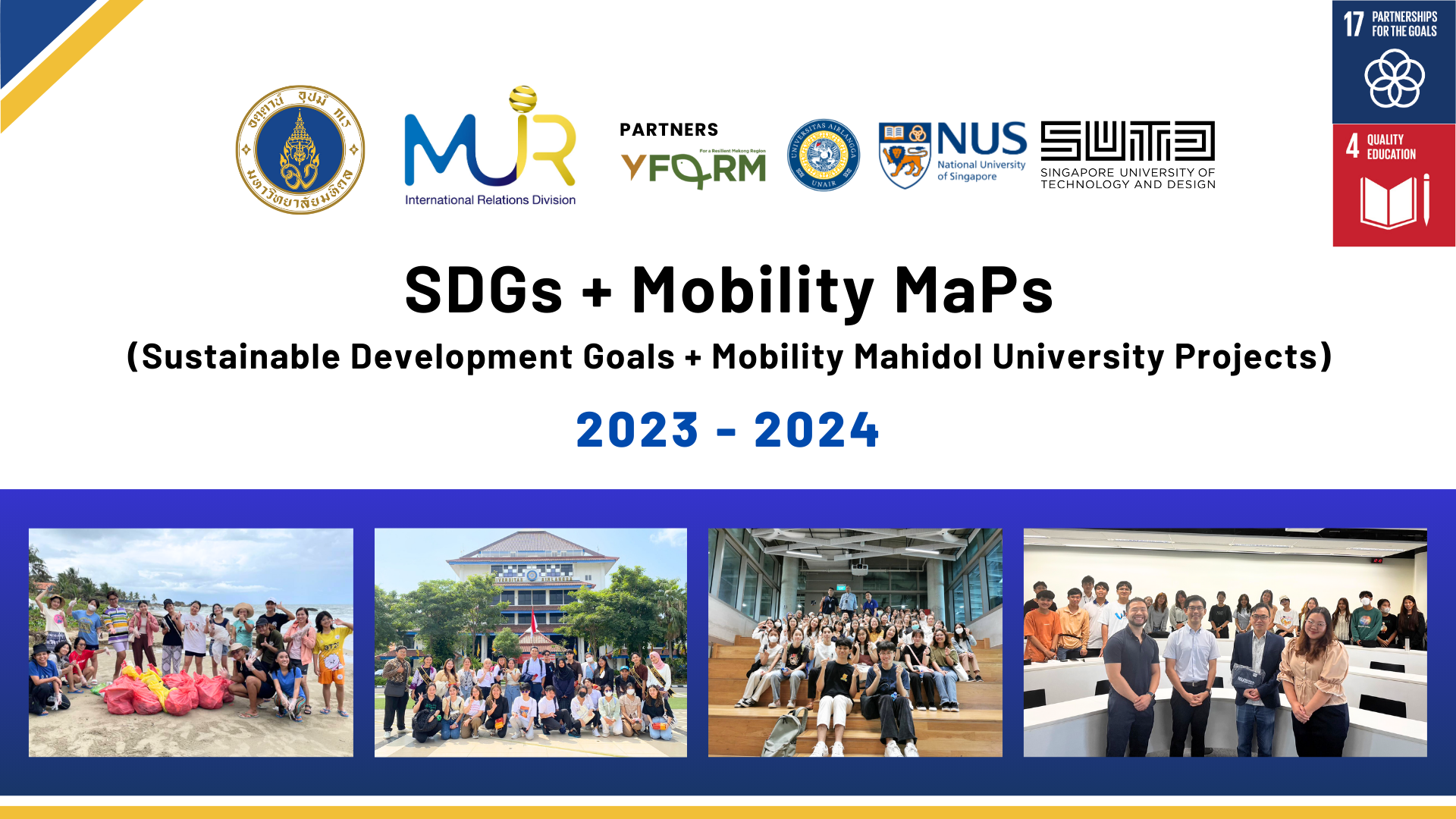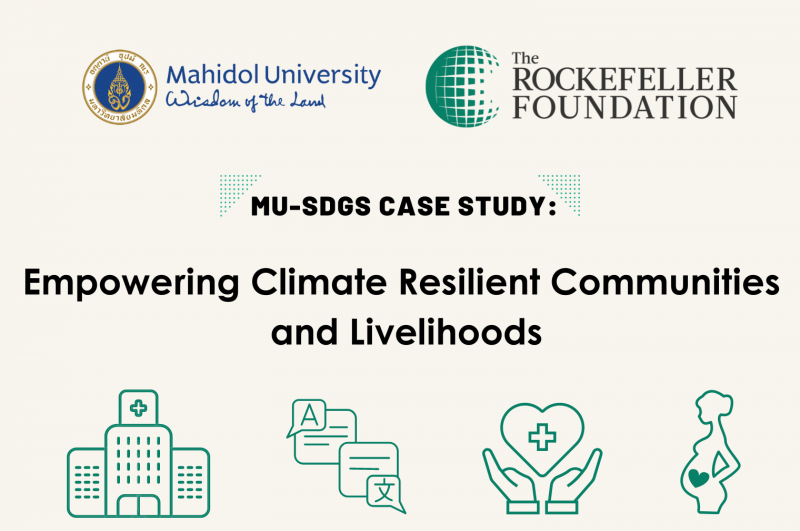
Further information by sub – projects:
1. Workshop on Advancing Climate Resilient Livelihoods in Thailand
Overview:
The “Advancing Climate Resilient Livelihoods in Thailand” Workshop hosted by Mahidol University in partnership with the Thailand International Cooperation Agency (TICA) and The Rockefeller Foundation examined these trends, and opportunities for climate resilient livelihoods they present. Welcoming officials from national ministries and local agencies, sectoral experts, enterprises, innovators, and community leaders, the Workshop featured plenary and workshop sessions to understand policy developments, perspectives from public, private and social sector leaders, and shape opportunities for further collaboration to generate opportunities climate resilient livelihoods in vulnerable communities.
Objectives:
• Understand key policy measures guiding Thailand’s trajectory journey toward net zero;
• Provide a platform for exchange on expanding opportunities for climate-vulnerable community resilience and livelihoods while addressing key national challenges to achieving net zero;
• Identify areas for cross-sectoral collaboration to advance opportunities, including scaling promising solutions across agriculture, energy, health and environment.
2. The Establishment of a Social Enterprise Addressing Climate and Local Economic Resilience
Overview:
Mahidol University’s Kanchanaburi Campus has launched MU Greenovation Co., Ltd., a social enterprise that strengthens local communities while promoting environmental protection. The project has two main goals:
1. Environmental Protection
• Teaching sustainable bamboo forest management
• Introducing eco-friendly mushroom cultivation techniques
• Promoting climate-conscious practices
2. Economic Development
• Training community members to create sustainable products
• Supporting local businesses
• Developing high-value goods from local resources
Implementation: The project team worked closely with local leaders to engage community members. Training programs were designed to combine modern sustainable practices with traditional local knowledge.
Impact: This initiative creates new income opportunities for villagers while protecting natural resources. Through MU Greenovation Co., Ltd., communities can now produce and sell sustainable products, building both economic security and environmental resilience for the future.
Output: training modules, social enterprise, demonstration site
3. Biomass Energy Generation for Sustainable Community
Overview:
Improper waste management in Thai communities remains a persistent challenge, leading to multiple environmental concerns including significant greenhouse gas emissions, acceleration of global warming, and degradation of the landscape. This project conducted an assessment of waste management needs and developed a tailored waste management framework specifically for the Kanchanaburi campus area.
The initiative implements targeted solutions based on different household profiles:
1. Single-household residents with limited space:
• Implementation of compact waste fermentation systems
• Training in proper waste segregation methods
• Conversion of organic waste into agricultural fertilizer
2. Single-household residents with available land:
• Training in keyhole garden techniques for on-site fertilizer production
• Education in organic waste processing
3. Large households and commercial food establishments:
• Installation of biogas fermentation systems
• Training in pellet fertilizer production
• Implementation of fuel rod manufacturing processes
These targeted solutions aim to create value from waste products while simultaneously delivering positive environmental impacts. The program emphasizes educational components to ensure proper waste separation and processing techniques, enabling participants to transform organic waste into useful agricultural inputs and energy sources.
Output: training modules, demonstration site
4. Climate change and green livelihoods and jobs for vulnerable communities – through green skills training, livelihood opportunity development, job placement, and/or other means
Overview:
Bung Boraphet, Thailand’s largest freshwater swamp, is recognized as a Wetland of International Importance. Local communities have historically relied on this wetland for fishing and agriculture, with rice farming being the predominant activity, encompassing 79,858 rai of land. However, the current off-season rice cultivation system (naprang) requires intensive water usage, which has resulted in significant depletion of Bung Boraphet’s water levels. This depletion has adversely affected the ecosystem and generated conflicts among community members over water allocation for rice cultivation. Furthermore, the off-season rice cultivation method contributes substantially to atmospheric greenhouse gas emissions.
To address these challenges, a transition from the traditional off-season rice cultivation (naprang) to an alternating wetting and drying method is proposed. This alternative approach not only requires less water but also produces significantly lower methane emissions. Additionally, the initiative encourages the development of community enterprises—locally-operated businesses that focus on goods production, service provision, and other activities managed by groups of residents who share common lifestyles and business objectives.
Output: training modules, demonstration site, community enterprise
Key message
Introducing green skills and sustainable agricultural practices to build community resilience, improve livelihoods, and promote environmental sustainability. By adopting eco-friendly techniques, households can reduce their daily expenses, while communities can generate additional income through sustainable farming, resource efficiency, and green entrepreneurship.
Indicator
-
Training modules / Social/Community Enterprise/ Business model
SDG อื่นๆ ที่สอดคล้อง
-
Training modules / Social/Community Enterprise/ Business model
SDGs หลัก
-
SDG 17 – Partnerships for the goals (Strengthen the means of implementation and revitalize the global partnership for sustainable development)
-
รายละเอียดกิจกรรมกองวิเทศสัมพันธ์ ที่ดำเนินการภายใต้เป้าหมายที่ 17 (SDG 17) …click here
-
SFG ย่อย
17.2 Relationships with NGOs, Regional and National Government
- 17.2.5 Collaboration with NGOs for SDGs
ยุทธศาสตร์มหาวิทยาลัย
-
Education for Sustainability
The Impact Ranking
-
Education for the SDGs (27.2%)


